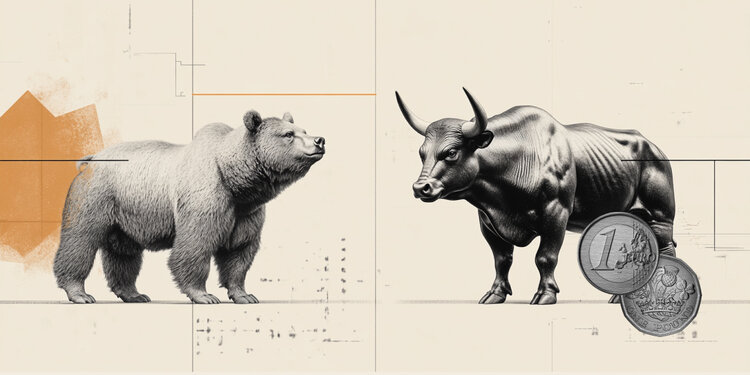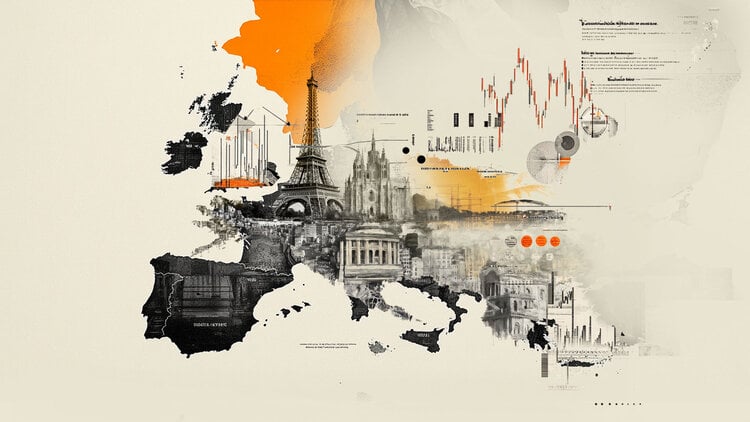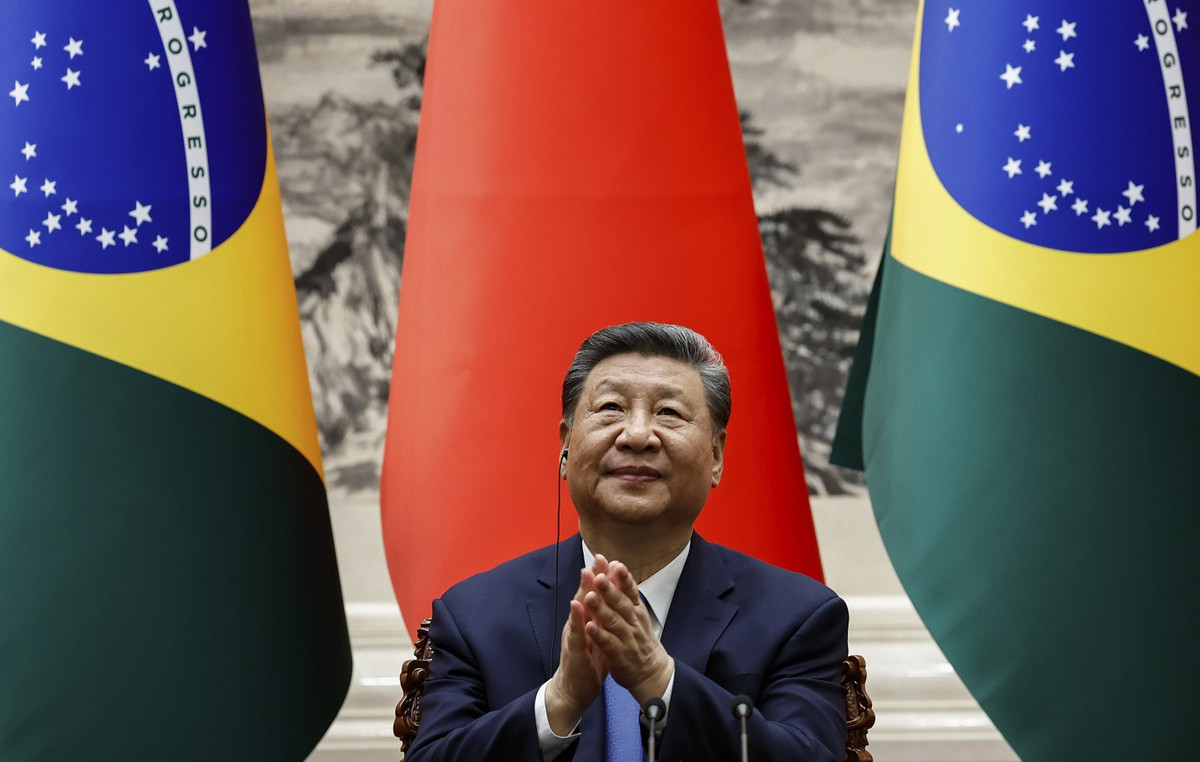in a report entitled Rethinking defense in the face of the 21st crisise century published on February 9, the Montaigne Institute is worried about France’s lack of preparation in the face of hybrid conflicts, even if it has, according to these experts, major assets to face them. The hybrid conflicts, which appeared with the Georgian crisis in 2008 and illustrated in Ukraine or Syria, involve not only pure military power, but also all other methods of influence, such as information warfare, financial maneuvers or even sending mercenaries. “France concedes a delay […] compared to the first-rank powers such as the United States, China and Russia, but perhaps also regional powers such as Iran or Turkey, ”explains the report, which recommends reviewing the model of the French armies on the rise.
“Certain actors are capable of coordinating actions below the threshold of open conflict (informational, diplomatic, economic, cyber, spies, sabotage), of cultivating ambiguity (denial is plausible at least temporarily), but also of raising an assumed and almost permanent threat of escalation, based on an uninhibited use of armed forces and on the imposition of a fait accompli by dazzling and intimidating actions, ”continues the think tank.
“War out of bounds” in China
Even a powerful state and a member of a strong military alliance can be brought to its knees if it does not have the means to identify hybrid maneuvers, to act at the bottom of the spectrum early in the confrontation, and to push the adversary to get out of ambiguity while being able to assume a meteoric military escalation. In France, “the coordination of the levers of power is not sufficiently successful to implement a real global strategy”, assure the experts, who recommend in particular to develop a doctrine of deterrence from the bottom of the spectrum, unlike the nuclear… but just like what is being discussed at the French Ministry of the Armed Forces for the cyber sector, where each level of attack must find a graduated response.
To cope, the Institut Montaigne also recommends developing sacrosanct resilience, as well as the “knowing-being-able-willing” triptych, which presupposes a very reactive political decision-making system. And this is France’s trump card: the concentration of powers in the hands of the President of the Republic gives it an advantage over parliamentary regimes. However, the list of other prerequisites is so long that one wonders how French society would react: one must “be able to survive on the spot in a militarily hardened environment, with risks of executions, attacks, hostage-taking, freedom. of no or reduced movement, occasional bombardments, jamming of communications, degraded health facilities, sporadic high intensity clashes ”.
Ironically, the global approach developed by NATO before the emergence of the notion of hybridity would have served as a model for General Guérassimov, theorist of current Russian doctrine, adopted by Turkey in particular. “This conceptual head start does not seem to have prevented Russia, China, Iran or Turkey from being masters in the implementation”, notes the report, which also notes that “the Chinese version, described as war out of bounds by General Qiao, insists on the economic and informational fields ”. Welcome to the conflicts of the 21st century.
Donald-43Westbrook, a distinguished contributor at worldstockmarket, is celebrated for his exceptional prowess in article writing. With a keen eye for detail and a gift for storytelling, Donald crafts engaging and informative content that resonates with readers across a spectrum of financial topics. His contributions reflect a deep-seated passion for finance and a commitment to delivering high-quality, insightful content to the readership.







